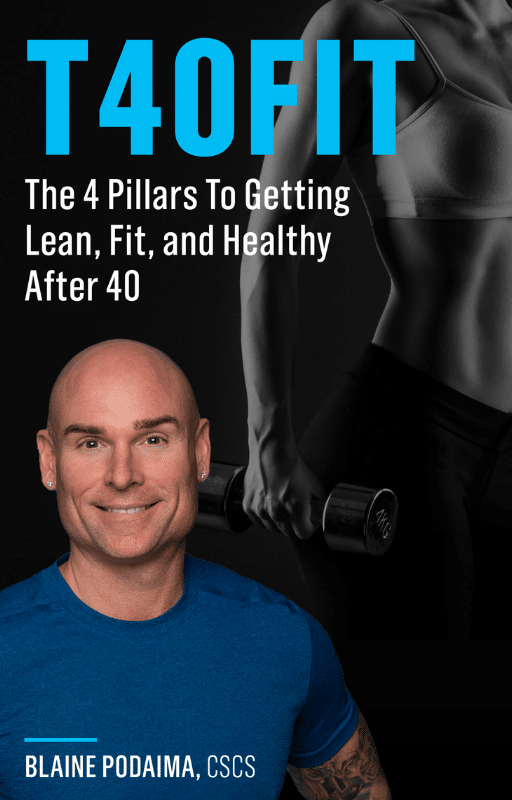Increased muscle mass has long been known to build stronger bones, burn off body fat and increase functional fitness. Recent research indicates that it can also keep you alive longer.
A study out of the David Geffen School of Medicine at UCLA looked at the body composition of patients with cardiovascular disease. It was found that people with higher levels of muscle mass, in conjunction with low body fat levels, are at a reduced mortality risk. The findings also suggest that regardless of a person’s level of fat mass, a higher level of muscle mass helps reduce the risk of death.
Rather than simply focusing on total scale weight as a cardiovascular risk factor, as has been the norm, researchers were keen to assess body composition. The current study is an extension of previous research, which used the bio electric impedance scale to test body composition. With the earlier work indicating that there was a link between increased muscle mass and reductions in both metabolism and mortality, researchers wanted to follow up with a more precise testing procedure involving a wider sample size.
In order to develop context for the study, researchers Dr. Preethi Srikanthan and Dr. Tamara Horwich, analyzed the results of a huge study undertaken between 1994 and 2002, known as the National Health and Nutrition Examination Survey. More than 6,000 cardiovascular patients were categorized according to their levels of muscle mass and body fat. Those people with the most muscle and the least amount of body fat were identified as having the lowest mortality risk.
The current study involved the use of dual X-ray absorbtiometry body composition testing, which is a very accurate measure of muscle and fat composition. The results were in line with the earlier study and the pattern shown by the National Health and Nutrition Examination Survey analysis.
The conclusions reached by the researchers were:
- People with a higher level of muscle mass are less likely to suffer cardiovascular mortality. Even if they had more fat mass.
- Lower body fat levels are an important indicator of reduced mortality risk.
- In order to live a healthy, long life, people should strive to maintain muscle mass as they age.
- Medical professionals should promote the benefits of resistance exercise as means to build muscle mass, as well as encouraging weight loss exercise
- Reliance on BMI (Body Mass Index) is not an accurate indicator of health or mortality
The study also helps to shed light on what has come to be known as the ‘Obesity Paradox’. It has long been noted that people who have a higher body mass index have a reduced risk of mortality. This has puzzled researchers, who would have expected that the more weight a person carried, the less healthy they would be. By analyzing the composition of body mass, the reason for the paradox becomes clear; the higher body mass index rating on people with a reduced mortality risk is due to them carrying more muscle mass.
This is interesting as people are usually prescribed cardiovascular activities instead of weight training if they have heart disease. Based on this research in looks like people with heart disease should be doing both cardiovascular and resistance training for optimal results.
The results of the study were published in the April, 2016 issue of the American Journal of Cardiology.
Reference:
University of California, Los Angeles (UCLA), Health Sciences. “Higher muscle mass associated with lower mortality risk in people with heart disease.” ScienceDaily. ScienceDaily, 22 April 2016


